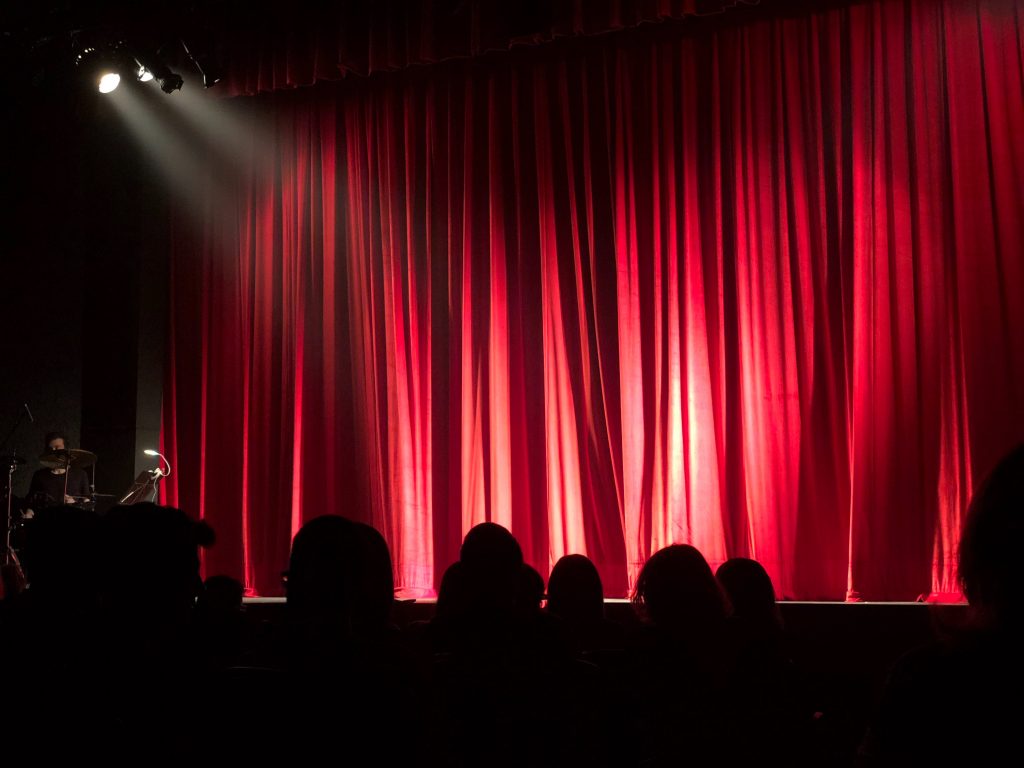The parallel cultures of Indian theatre, forever skirting at the edges of the mainstream, allow for diverse voices to engage with the same themes, either concurrently or sequentially, in contrast with, say, the standardised world of conventional cinema that’s so wary of repeating anything other than established formulas. Sometimes, this dynamic landscape of interpretations and conversations acquires a critical mass that’s almost akin to a movement in its own right. For instance, the manner in which a young woman’s unspeakable ordeal from 2012 was referenced and reframed in umpteen theatrical explorations and productions in the ensuing years[1]. The public outpouring of grief and outrage post the incident was one of the country’s watershed moments, even if ten years hence, we find ourselves confounded by how little things have changed. Even so, the collective catharsis stirred up by post-Nirbhaya works—from survivors’ testimonials to revived partition sagas to polemics on women’s safety—is its own chapter in theatre history which remains largely unwritten in the current climate of dwindling cultural discourse.
Sometimes, rather than a cohesive movement, works gravitate towards the topic du jour, and contribute to what might be called a ‘moment’ in contemporary theatre. These spells might be fleeting or sporadic, like when a slew of plays trained their focus on Uber drivers as dramatic subjects, perhaps mirroring the public’s growing dependence on ride-sharing services and the social interactions borne thereof. These plays include, by mere cursory recall, works like Chanakya Vyas’ Algorithms, Neel Chaudhuri’s Quicksand or Dharmakirti Sumant’s A Doubtful Gaze at Uber at Midnight,[2] all situated on the turf of what is now recognised as the culture wars engendered by class divisions and polarisation, with the so-called Uber driver becoming a totem of their circumstances, offering rich ground for comparison and contrast. It is an archetype that persists, making an appearance in recent plays like Mallika Shah’s I Killed my Mother / It Wasn’t my Fault (via Mithil Goswami’s carefully observed sketch) and Maneesh Verma’s work-in-progress Jump, which pivots on a timely intervention by a Uber driver (Sandeep Shikhar) in a matter of life and death.
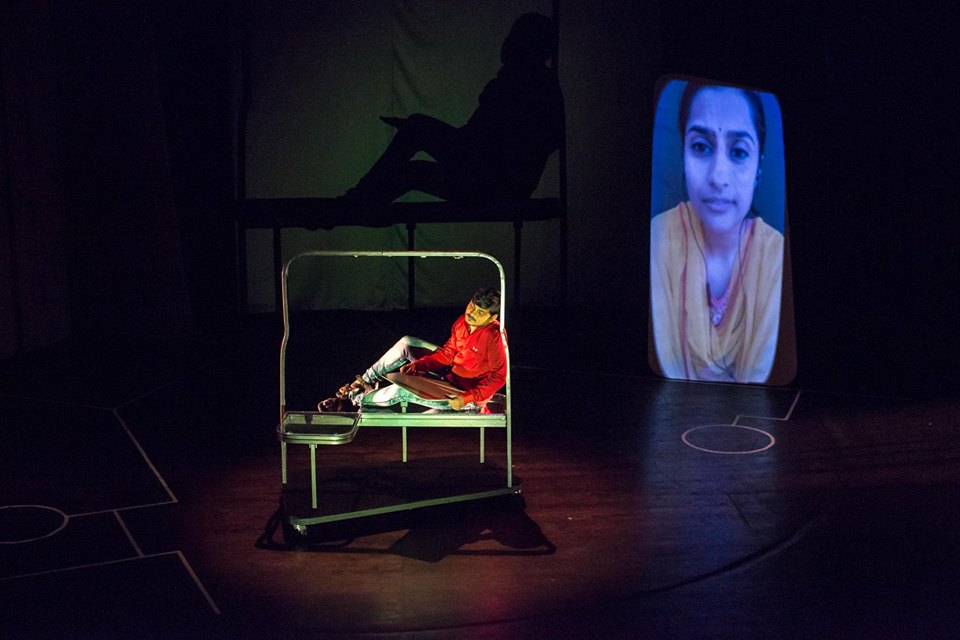

In recent years, another all-too-familiar figure caught up in the swirl of a partly aspirational and mostly exploitative services sector finds itself occupying cultural space in theatre (and beyond), throwing up unwitting intersections and convergences that shed light on the human condition. With the sudden upsurge in the app-based gig economy, we have seen the emergence of the beleaguered delivery executive as an agent of handy capitalism. As an essential lifeline that meshes technology and consumer demand, they are cast in the mould of latter-day heroes condescendingly lionised in the TVC campaigns of Zomato and its ilk, even as conversations are sparked about the ethical implications of the financial ethos in which they function.
These service workers were the intrepid mainstays of the pandemic, and make up a largely anonymous if ubiquitous workforce. Perhaps not entirely so, since apps go to great lengths to ensure they are, in fact, named, replete with mug-shot, vital statistics, vaccine status and body temperature, none of which can strip them of their essential namelessness. In plays like Omkar Gokhale’s Unchi Hai Building, Lakshay Chawla’s Beds and Naveen Sharma’s Order Accepted (a manuscript yet to be staged), delivery executives, like the Uber driver before them, are either the object of an privileged gaze or are, once again, pitted opposite their higher-class counterparts, who seem to be designated as the ‘us’ or the ‘we’. On the surface, it is as if all these on-trend protagonists provide is the ability to see ‘ourselves’ through the prism of the ‘other’ (Vyas’ play, culled out from verbatim accounts of real-life Uber drivers, is perhaps the exception that proves the rule). It is a dichotomy that is all too visible in Chawla’s play in which a well-heeled fashion designer (Sharmila Velaskar Kadne), precious to a fault, and a delivery executive (Chawla himself) with his rough edges, find themselves in the same quarantine ward in a hospital for weeks on end. Expectedly, their initial misgivings give way to a begrudging empathy, but interestingly, rather than a twenty-minute ride that is impossibly life-altering, it is the long tunnel of pandemic privations that is needed here to effect a beholding of the ‘other’.
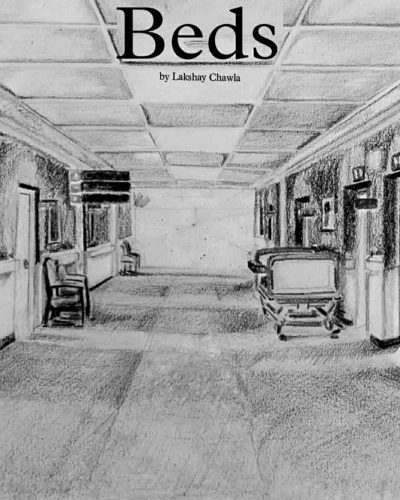
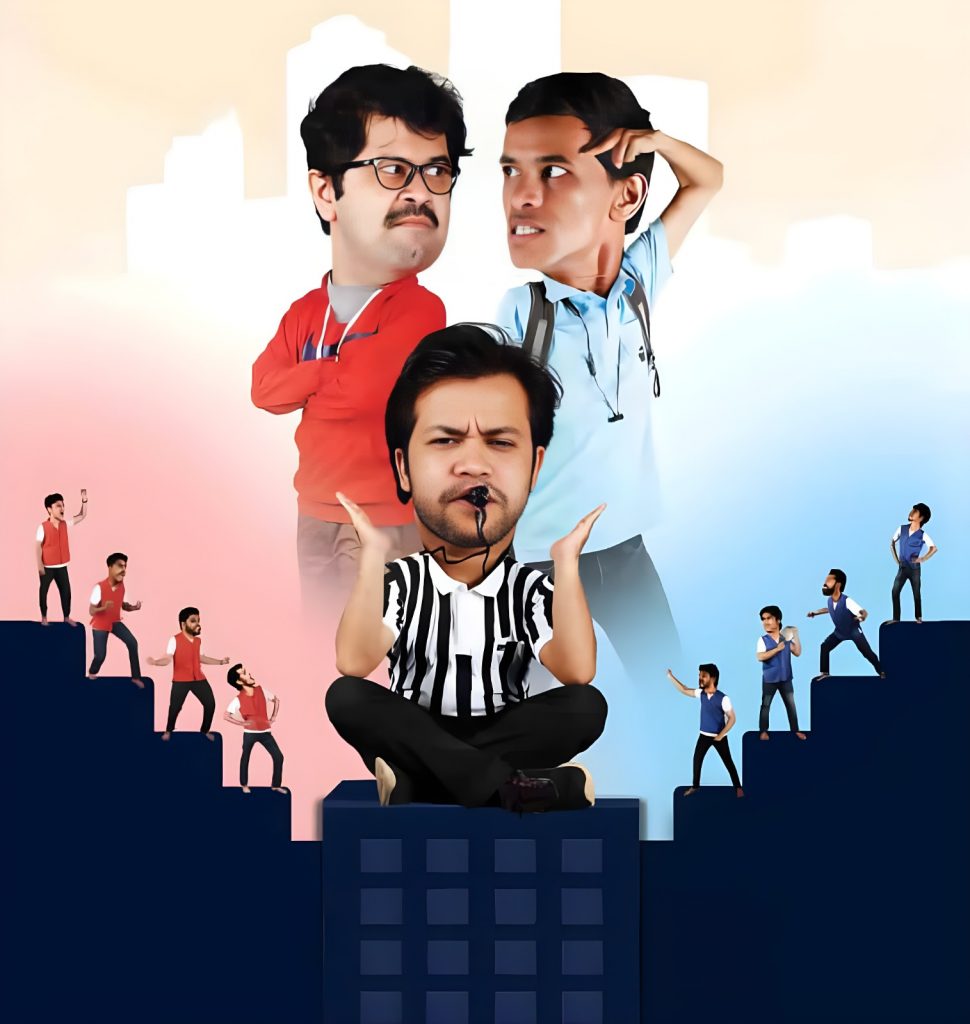
Truth be told, the premises of these plays seem uncomfortably rather than reassuringly true to life. In Gokhale’s Marathi play, co-written by Saurabh Shamraj, there is an attempt to invert this binary somewhat. The premise is simple enough; a denizen of a high-rise apartment (Pushkaraj Chirputkar), residing on the 13th floor, locks horns with a food delivery boy (a winning turn by Mahendra Walunj) who refuses to walk up with the promised parcel, when it turns out that the elevator is out of order. While providing considerable sass and agency to Walunj’s character for farcical effect, a partisan choice likely to be particularly satisfying to the socially conscious younger demographic that his group, Theatron Entertainment, caters to, director Gokhale still attempts to create a world of facile equivalences in this all-too-real stalemate. “Both characters have their own tensions and contradictions,” said Gokhale, explaining why his original characterisation of Chirputkar’s character as a wine-guzzling English-spouting snob was whittled down to a less demonised, though still idiosyncratic, presence. For him, it is the omniscient app itself, markedly ambivalent to the situation with its “wanting to please everyone” predilection, that makes it all the more complicit in this imaginary impasse. This stand-off has been reimagined as several rounds in a pulsating boxing match in Unchi Hai Building’s dramaturgical design. At one point, the two pugilists become veritable citizens of two neighbouring countries, in a political salvo of sorts. The play even makes a brief detour into caste dynamics, with Walunj’s cohorts turning up in the distinctive Ambedkarite blue, but pragmatic problem-solving rather than social justice remains the primary focus of his commentary. And of course, the play’s title, referencing a Bollywood song notorious for double entendre, is a running gag. To avoid trivialising the issue and calibrate the writing, even though it is presented as a broad comedy, Gokhale and Shamraj were influenced by Varun Grover’s masterful Aisi Taisi Democracy, admiring the manner in which the stand-up act blends scathing political satire with accessible comedy.
While Gokhale and Shamraj were inspired to write Unchi Hai Building during a stint with a senior writer who ordered absolutely everything by app, Sharma’s motivations to write Order Accepted came from a place of aversion towards the use of apps, which he felt underlined his own sense of entitlement, “I grew up in a household sans domestic workers. So, personalised services seemed alienating to me at first.” A regular delivery would amount to a fleeting two-minute encounter, but Sharma didn’t know what to make of this “unsaid and ambiguous” relationship with this cavalcade of young men, and the need to articulate this tenuous complicity or uncertain connectedness led him to write the script. In these workers, he saw the “young unemployed waiting for its turn”, now absorbed by a hip aspirational industry with its spangles and promises of upward mobility. “At its heart is great exploitation, and your hopes are crushed almost as soon as you start living the so-called glittering dream,” he said. As he elaborates, workers who have migrated to the city and subsequently pushed to its margins operate within a disquieting quid pro quo of sorts, “The city needs them and they need the city.”
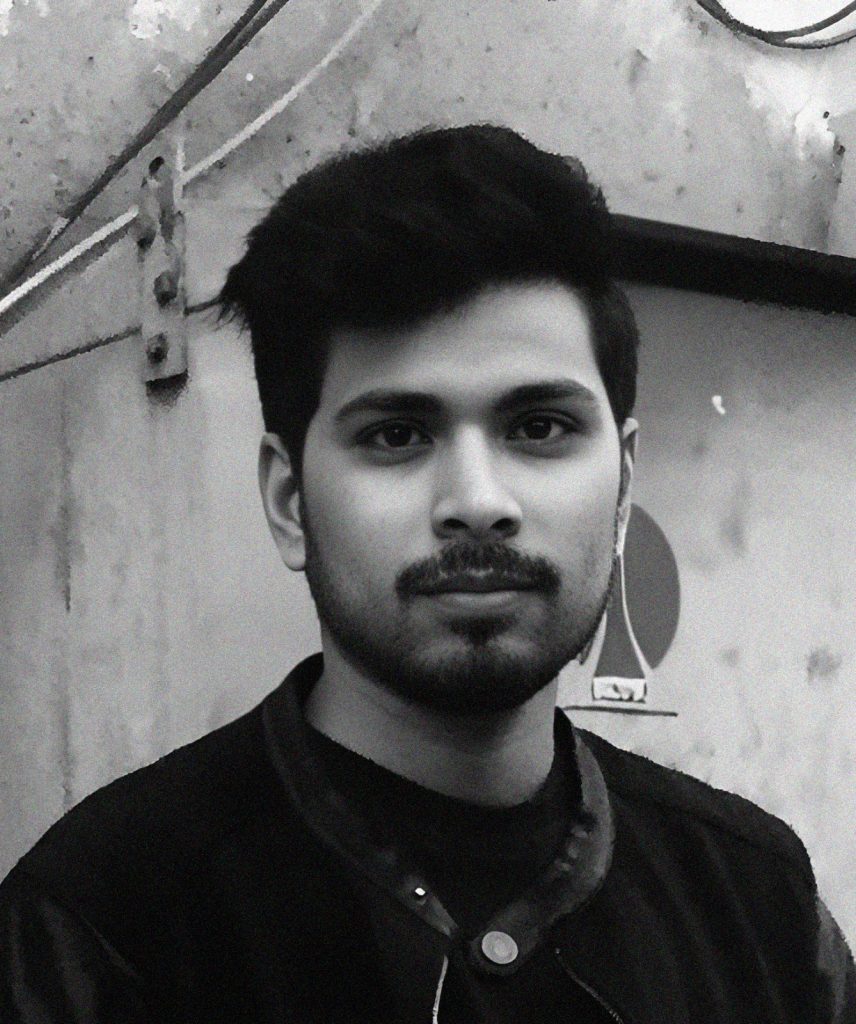
As is evident, this is not a relationship that can be classified as symbiotic. Initially developed as part of a playwriting workshop with playwright Chaudhuri, Sharma completed a draft as part of the Indian Ensemble’s First Draft writing lab, with the script being further developed for the stage in collaboration with dramaturg Sakhi Upadhyay.
Given the rarefied eco-system in which theatre operates, the sheer latitude of themes at its disposal perhaps sits uneasily with a gaze that is inescapably privileged. However, the growing interaction of customers with delivery executives in recent years seems to have humanised the workforce, perhaps denting, ever so slightly, traditional class barriers and fostering a sense of relatability and interdependence. This has, in turn, spawned work in which these overlaps can be examined. The topicality of these works appears to have introduced an air of documentary realism into a field dominated by classic plays and foreign imports. Instead of regurgitating material that increasingly alienates its audiences, it is as if theatre is enabling the depiction of real-life alienation and its reflections. This is a ‘moment’ that will herald, perhaps, shifts in the manner in which theatre is created and consumed, encouraging audiences and creators alike to move beyond navel-gazing and embrace a more inclusive world-view.





